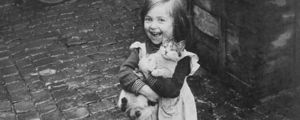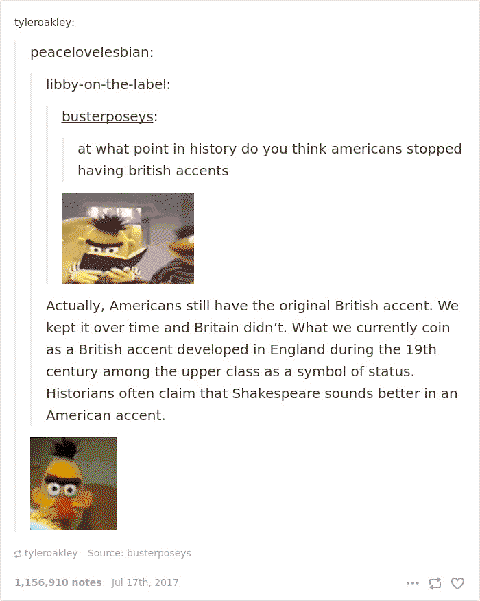Featured Posts

I wish I had a fort

The powerof positive thinking

NASA

Pray for Australia

Take care of each other

She has emerged

My soul feels so much better

I just ordered one. #Just2019HispanicThings

He really wanted his photo at the Halloween party, but was super scared of the spiders

The Only Thing More Contagious Than COVID19 Might Be This Fox's Smile
About
FAQ
Contact
Rules
Terms
Privacy
Feedback
Keyboard Shortcuts:
Previous Post · Next Post · + CTRL Skip Post
Previous Post · Next Post · + CTRL Skip Post
© 2025 FunSubstance · funny and entertaining pictures, memes, gifs & videos.



Now. FUCK NO. Americans don't have any accent from the British Isles. None of the spoken dialects, germanic or gaelic. Not even Bostonians.